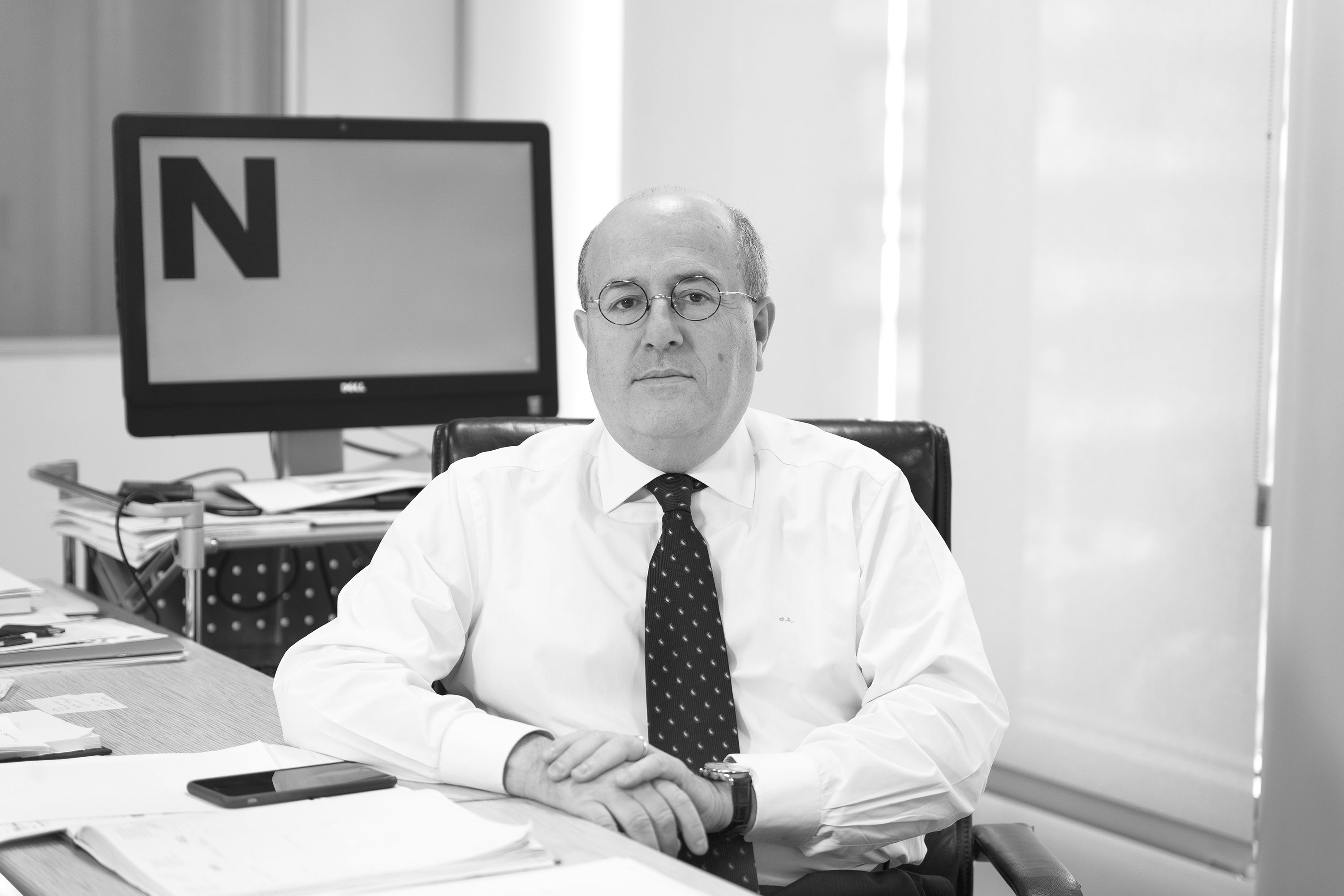A medical statement that refers to the "renewed aggravation of an old injury to the right carpal joint that generated muscular problems" is the Spanish monarchy’s official explanation for removing former king Juan Carlos I from all official acts over the coming days and weeks and, above all, ruling out a father and son photo - involving the abdicated Juan Carlos and current monarch Felipe - as part of the traditional summer yachting regattas and official receptions at which both have been present for years in Mallorca. Behind this unprecedented decision is the emergence of the recordings of the former king's lover Corinna zu Sayn-Wittgenstein which reveal presumed bedroom secrets that are highly compromising for Joan Carles I. She even says that it was her name that was put on Swiss bank accounts and she received commissions on contracts for companies. Thus, the man who was Spain's head of state for almost four decades must now be hidden.
The Corinnagate scandal already has so many leaks that what began as a strange situation treated solely as a relationship with an "intimate friend" and little else, is now seriously threatening the foundations of the Spanish monarchic institution and causing an unprecedented institutional crisis which Pedro Sánchez's government is trying to play down, trusting that with a little luck and the summer break still ahead, it will blow over. The truth is that the case of Iñaki Undargarín, the current king's brother in law now serving a prison sentence, in a discreet and isolated men's ward in Brieva women's penitentiary, seemed to be the worst thing that could happen to the monarchy but after just a few weeks that view has to be revised. The worst was yet to come.
Juan Carles I will not travel to Colombia for the ceremony to invest the country's new president and the idea that has been leaked from the royal palace is that they will try to isolate him so he stays out of the media limelight this summer. He will thus be seen at the odd recreational or gastronomical occasion and nothing else. Spain's new chief public prosecutor, María José Segarra, confirmed on Friday that an investigation has been opened to study the "criminal significance" of the recordings that former senior police officer José Manuel Villarejo (now in preventive custody) made of Corinna in 2015 in London, when Juan Carles I had already abdicated. And the parties of the pro-monarchic bloc, the PP, PSOE and Cs, have in the first instance prevented the creation of a parliamentary commission of inquiry on the matter. We'll see if that lasts.
An article published in El País on Thursday referred to the former king as a "toxic asset" and argued for "a voluntary and discreet exile". It is not usual for this type of article to appear in Spain's traditional press. It is an example of the Madrid establishment's current nervousness, focused on four issues which can be summed as follows: a Spanish government that appeals, but is weighed down by a clear parliamentary weakness; a Catalan conflict that Spanish justice has disengaged from its natural channel; the uncontrolled self-destruction of the image of the Spanish monarchy; and the case of the Valle de los Caídos - this last question, that of Franco's tomb, being an affair that causes great irritation in the Madrid of power that too often passes from parents to children and down through the families of many surnames.

